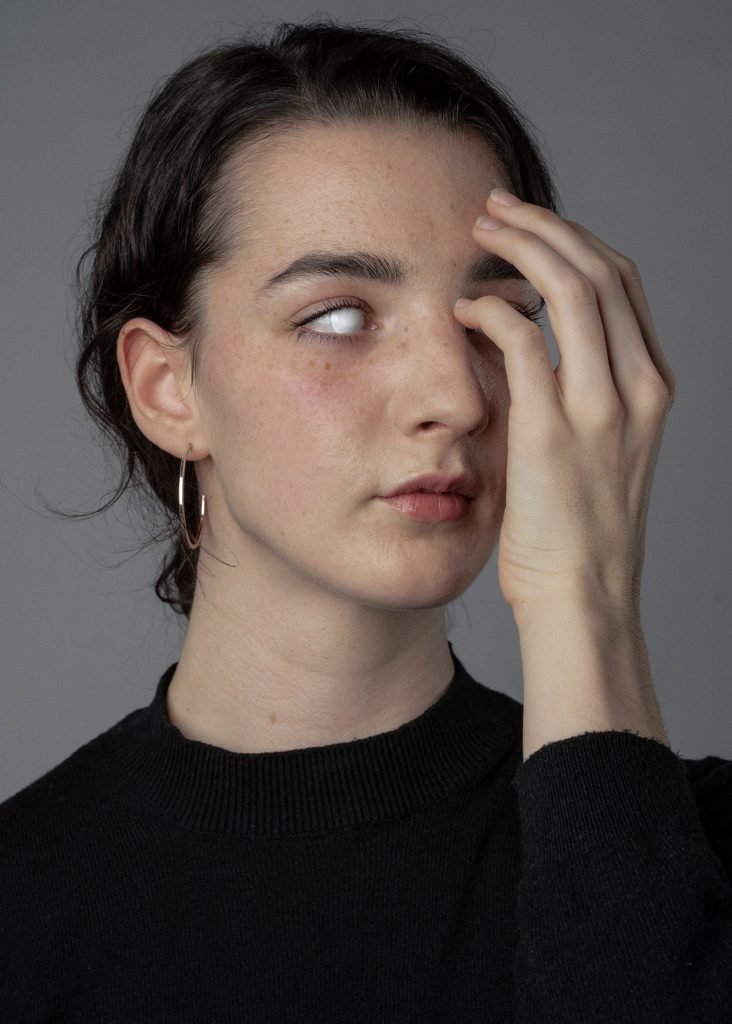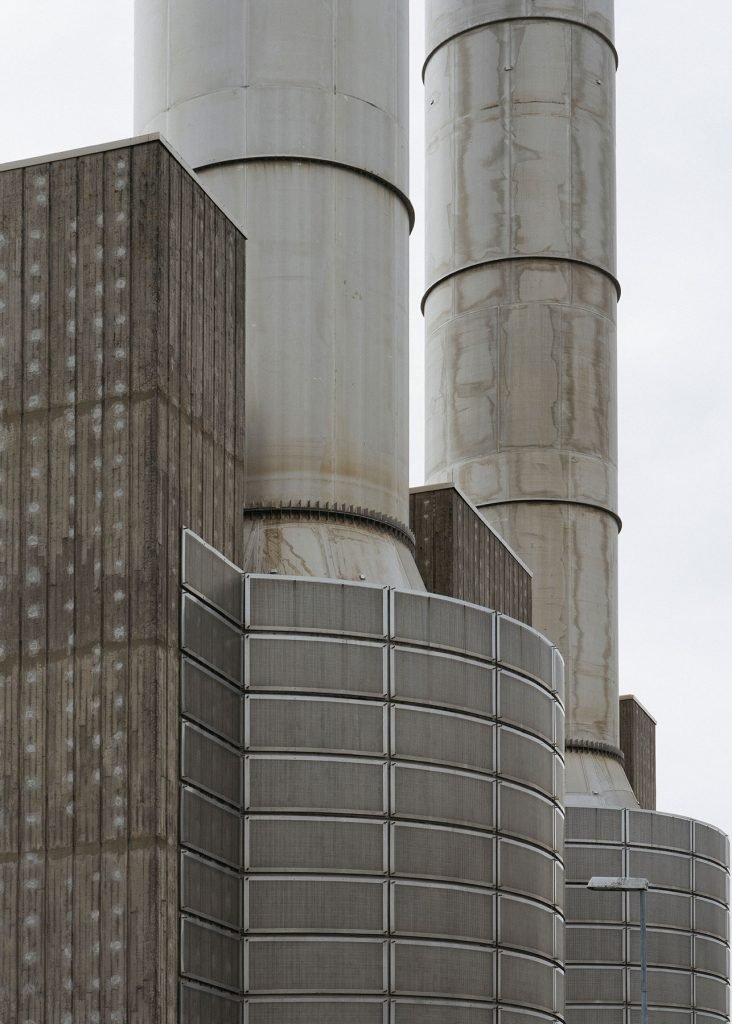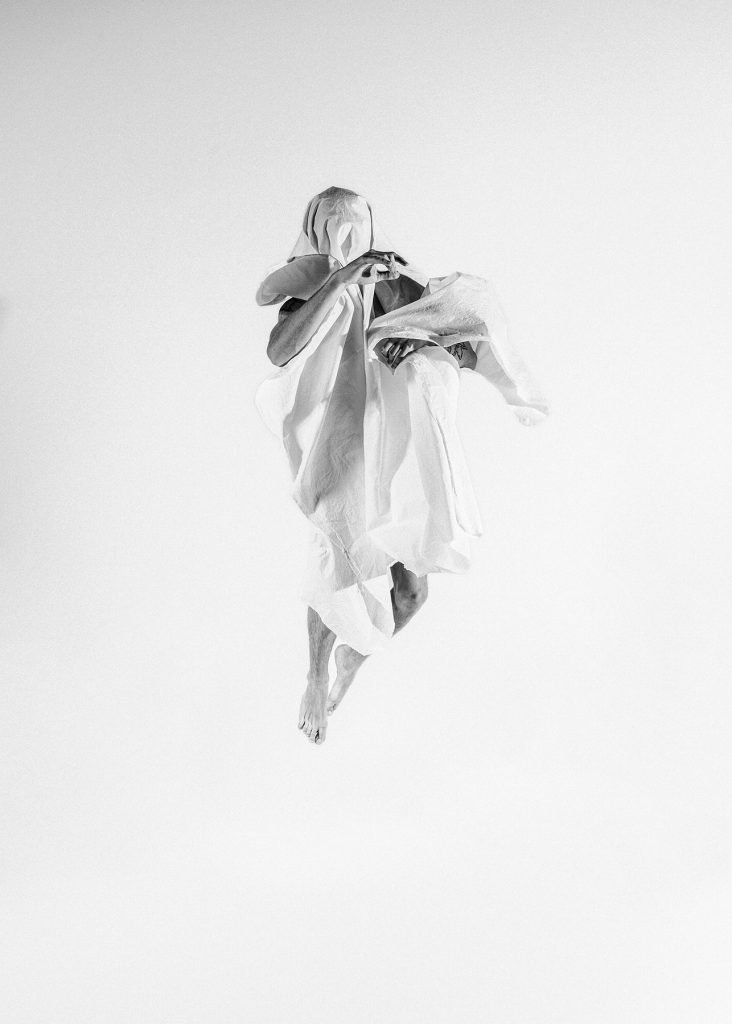“Utopias are more realisable than those ‘realist politics’ that are only the carefully calculated policies of office-holders, and towards utopias we are moving. But it is possible that a new age is already beginning, in which cultured and intelligent people will dream of ways to avoid ideal states and to get back to a society that is less ‘perfect’ and more free.” – Nikolai Berdyaev
Humans will always have a strong temptation to make predictions about a greater civilization in the future.
Just like a hereditary will, we carry it in our genes for centuries.
In my project ‘Acts of Cassandra’ I examine the relevance of utopianism and dystopian ideologies in relation of present-day technological and social changes.
The project operates as an imaginary mind-map and follows a fragmented narrative in which I juxtapose the trivial fears and expectations from a new world order and the issues of our forthcoming society.
The metaphorical manner of the images guides the viewer throughout a fictional state in the future filled with hidden references and symbols inspired by the 20th century dystopian literature.
As these references may illustrate the obsolete conceptions of past beliefs, often they reveal some relevant issues in our current lives and upcoming conversions.
I emphasize how some important phenomena related to today’s societal and political actualities point towards the uncanny directions in our future while it also reflects on our historical prophecies in a strange, almost coincidental way.
As an attempt, I also open dialogue about the opponent ends of optimism and pessimism towards the topic of Anthropocene. My work visually covers the excessive techno-optimism, industrialism and social deformations within the frame of the emerging elements in our society at the moment.
While facts collide into fables, my work also manifests a connection between the field of art and social sciences as an observational method to better understand our future. The title refers to Cassandra a foreteller of Greek mythology.
Under her name, there is also a psychological phenomenon called “Cassandra complex” which occurs to one, when one’s valid warnings or concerns are disbelieved by others.
The installation features an experimental video-work (loop) and part of my research materials as archive documents besides the photographs.
I’m afraid of the road our society is going.
Growing up in the 2000’s my life was highly influenced by the advancement of technology and shifting consequences of innovations. I’m living in an era where information is highly accessible but people still can not differentiate facts from fiction, I feel an urge to find my truth.
And I do my observations through my images.
My process insist of constant research and making visual poetry. I build up photographic installations with a fictional narratives to illustrate my thoughts, expectations and hopes with the help of symbolical image-making.
Orwell once said “The very concept of objective truth is fading out of the world. Lies will pass into history.”
I truly believe, that the concept of post-truth should not be associated only with politics, as it is rather an unusual form of story-telling. I find post-truth an opportunity to communicate a personal plot based on curated scientific references.
Its power relies on the common capability of humans which is creating fictional and intersubjective states.
I strive to open a dialogue related to the topic of our rapidly changing social environment. I am addressing questions on various contemporary issues from the shortcomings of techno-optimism to the broad changes in our overall social mentality and self-awareness. In order to shed light on phenomena, trends and other invisible notions, I blend different genres of photography.
The flow of my photographs diffuse into harmony and compose atmospheres loaded with hidden references and metaphorical motifs. The uncanny feeling of unknown and impenetrable what drives my photographic journey.
Photography for me is the path of understanding and finding identity.
Domonkos Varga (b. 1998) is a photographer and conceptual artist based in Budapest.
Domonkos Varga’s work portrays the influential elements of the world around him and his generation. Simultaneously, he also has the will to make an impact on people by drawing attention to problematic social issues.
His projects are always featuring a well-researched background from which he constructs visual metaphors and builds up meaningful narratives.
He studied Photography at Moholy-Nagy University of Arts and Design (Budapest) and Aalto University School of Arts and Design (Helsinki).
He is a Parallel Photo Platform 3rd cycle artist and also a member of Studio of Young Photographers (FFS in Budapest).











